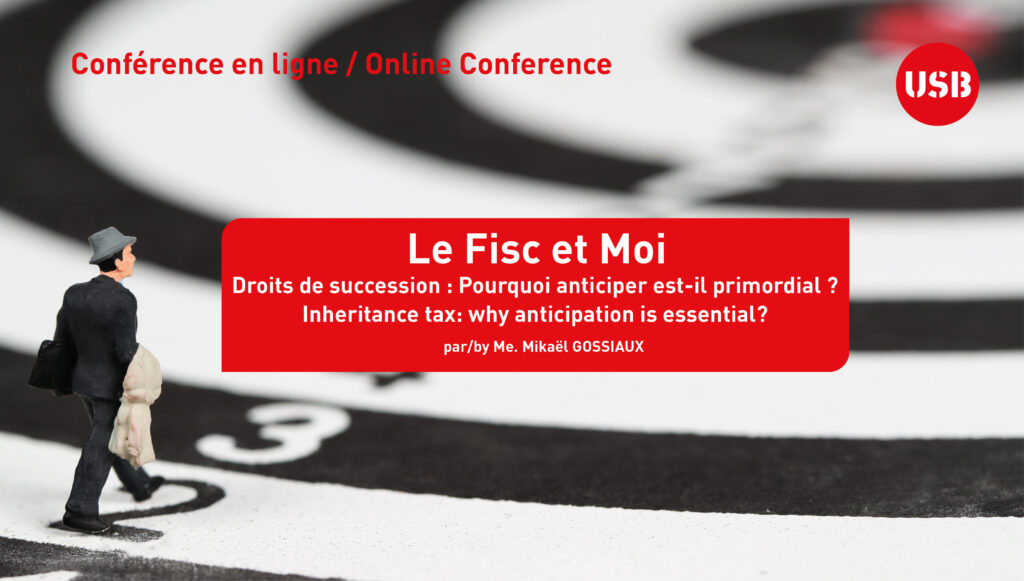La conférence « Tout sur la nationalité belge » a été donnée à nos adhérents par Me Verbrouck pour en apprendre plus sur la procédure de naturalisation, l’interruption de résidence.
Pour cette conférence très instructive sur la nationalité belge, nous tenons à remercier chaleureusement Me Verbrouck, avocate associée chez Altea.
Si vous êtes intéressé.e ou si vous avez une question à propos de la nationalité belge, n’hésitez pas à contacter Me Verbrouck pour une consultation.
Créé en 2012 à l’initiative des avocats Michel Kaiser, Céline Verbrouck, Emmanuel Gourdin et Catherine de Bouyalski, tous quatre agréées par l’Ordre des avocats comme spécialistes en leurs domaines respectifs, chaque avocat du cabinet Altea offre un service de pointe dédié au droit public, constitutionnel et administratif, au droit des étrangers, au droit de la nationalité belge et au droit international privé familial.
La quinzaine d’avocats qui composent l’association Altea à Bruxelles se sont naturellement regroupés autour de leurs spécialisations complémentaires mais surtout de leur volonté dynamique de partager des valeurs en lien avec les domaines du droit pratiqués, dont l’élément commun est la défense des droits de l’homme et du citoyen.
La qualité des services prestés par chaque avocat de l’association implique la maîtrise des procédures administratives et judiciaires, y compris au niveau international et l’aptitude à offrir les conseils juridiques et stratégiques les plus pointus dans les matières pratiquées.
Dans ses domaines d’expertise, un avocat d’Altea défend au mieux les intérêts d’une clientèle mixte de particuliers, de pouvoirs publics, d’associations ou d’entreprises. Le cabinet se caractérise ainsi par la mise à disposition de services professionnels hautement qualifiés à tout type de clientèle et insiste sur son accessibilité.





